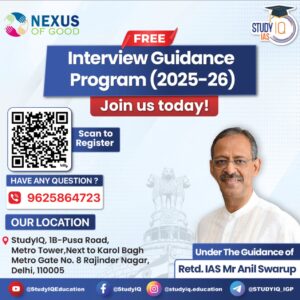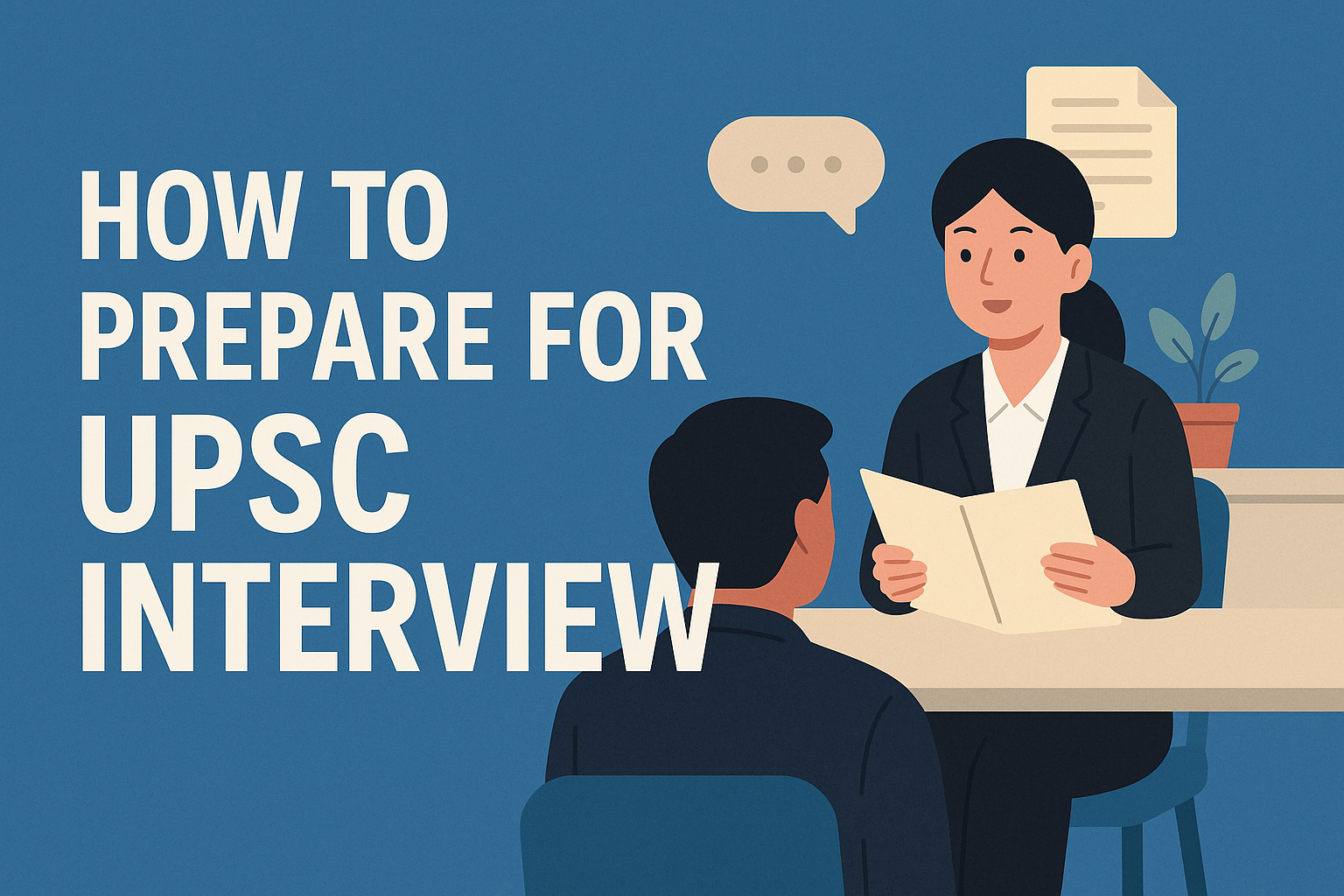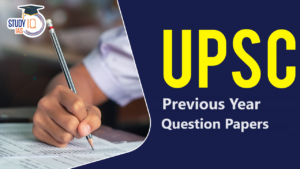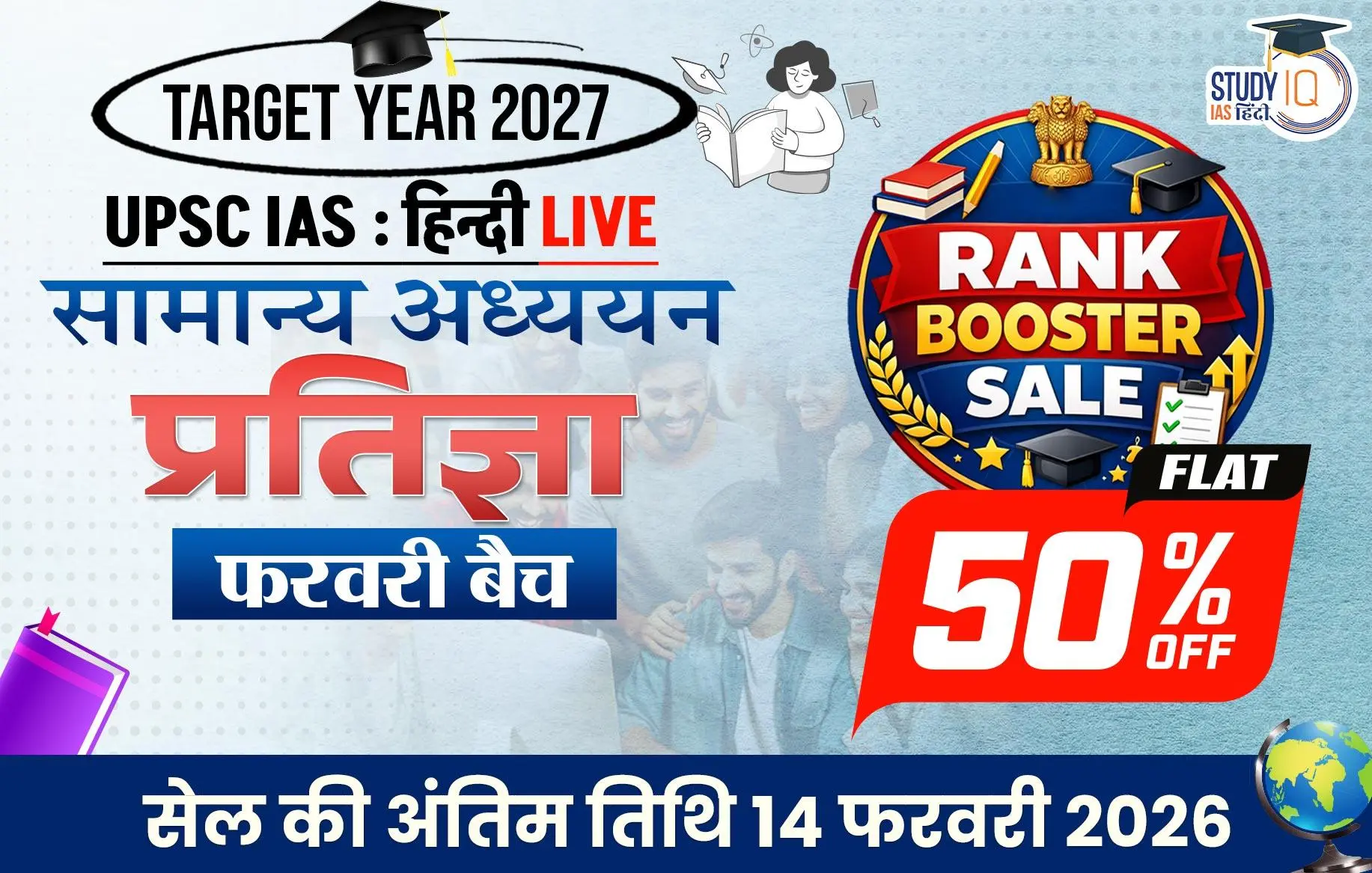Table of Contents
The UPSC Civil Services Interview 2025-also known as the Personality Test-is the last part of the Civil Services Examination conducted by the Union Public Service Commission. The chance to reach this stage is a dream come true for thousands of aspirants, but it is also the most critical and unpredictable phase of the entire process.
After qualifying for the UPSC Mains 2025, candidates are left with the final 275-mark stage, determining their All India Rank and eventual service allocation. Cracking the UPSC Interview in 2025 requires not just knowledge but the right blend of personality, clarity, confidence, and composure.
This article outlines a comprehensive preparation strategy, expert tips, and other proven techniques for how to Prepare for UPSC Interview and secure a place among future civil servants of India.
How to Prepare for UPSC Interview
The Personality Test, generally known as the UPSC Interview, is the last and most determining stage of the Civil Services Examination. It is conducted at Dholpur House, New Delhi, and assesses your personality, judgment, and suitability for the service, not your knowledge. Clarity in thinking, honesty, leadership qualities, and poise under compulsion are some of the characteristics reviewed by the panel during the interview, which makes this the stage where one’s personality and not preparation alone will determine success.
| Particulars | Details |
|---|---|
| Stage | Personality Test / Interview |
| Marks | 275 |
| Total Marks (Mains + Interview) | 2025 |
| Venue | Dholpur House, New Delhi |
| Purpose | To assess the candidate’s personality, mental alertness, judgment, and suitability for public service |
| Interview Duration | 25–40 minutes on average |
Objective of the UPSC Interview
The UPSC Interview aims to assess your overall suitability for a career in public service. The panel observes qualities such as:
- Clarity and depth of understanding
- Balance of judgment and critical thinking
- Leadership and social awareness
- Emotional stability and confidence
- Intellectual curiosity and ethical integrity
It’s not about how much you know — it’s about how you think, communicate, and behave.
Know Yourself — Master the DAF (Detailed Application Form)
Your DAF (Detailed Application Form) is your personal blueprint for the interview.
More than 70% of the questions asked by the panel are based directly or indirectly on your DAF.
Tips to Prepare from DAF:
-
Read it line by line: Every word you mention — your degree, hobby, birthplace, or work experience — can become a question.
-
Be thorough with your hometown/district: Geography, demography, economy, and notable personalities.
-
Know your graduation subject: Expect simple conceptual and application-based questions.
-
Prepare for hobby-based questions: For example, if your hobby is photography — know about major photographers, current trends, or how photography helps governance.
-
Service and cadre preference questions: Be clear about your reasons for choosing IAS/IPS/IFS.
Stay Updated with Current Affairs and Issues
The UPSC Interview tests your understanding of contemporary issues rather than static knowledge.
Preparation Strategy:
-
Read The Hindu or Indian Express daily.
-
Revise monthly current affairs compilations (CivilIQ by StudyIQ).
-
Follow updates on government schemes, economic reforms, international relations, and science & tech policies.
-
Form balanced opinions on issues like climate change, AI regulation, gender equality, and cooperative federalism.
How to Frame Balanced Opinions:
Follow the PEEL structure:
P – Point | E – Explain | E – Example | L – Link to governance or society.
Example Question:
“Should India adopt a presidential system of government?”
Answer Structure:
-
India’s parliamentary system ensures accountability and representation.
-
However, increasing instability and coalition politics highlight inefficiencies.
-
A presidential system offers stability but risks concentration of power.
-
Reforms within the parliamentary setup may be a more democratic solution.
Revise Your Optional Subject & General Studies Basics
The board often asks questions from your optional subject, especially if it links to your background or DAF.
For example:
-
A candidate with Sociology might be asked about gender equality and social reform movements.
-
A Political Science student may face questions on India’s foreign policy or constitutional debates.
Revision Tips:
-
Brush up on key thinkers, terms, and current applications.
-
Relate your optional subject to governance and policy.
-
For GS topics, focus on ethics, environment, economy, and social justice.
Work on Communication and Body Language
Your presentation style is as crucial as your knowledge. UPSC Board members notice how you express opinions under pressure.
Effective Communication Tips:
-
Speak slowly and clearly — don’t rush to impress.
-
Pause before answering — it shows composure.
-
Avoid jargon — use simple, direct language.
-
Always listen carefully before responding.
Body Language Tips:
-
Sit upright and maintain gentle eye contact.
-
Smile naturally when greeting and answering.
-
Don’t fidget or cross arms — it signals defensiveness.
-
Be polite, even when you disagree: “With due respect, sir/ma’am, I believe…”
Understand the Role and Responsibilities of Civil Services
UPSC expects aspirants to understand what it means to serve the public beyond textbooks.
Preparation Plan:
-
Learn about Indian bureaucracy, ethics, and accountability frameworks.
-
Study the functions of the IAS, IPS, IFS, IRS, and other Group A services.
-
Read success stories of innovative officers — like Armstrong Pame, Smita Sabharwal, or T.N. Seshan.
-
Be ready for situational or case-based questions.
Example:
“If you are a District Collector and a flood hits your area, what will be your first five actions?”
Here, structure your answer around Preparedness → Coordination → Relief → Communication → Accountability.
Prepare for Ethical & Situational Questions
The Personality Test often includes hypothetical ethical scenarios to test your moral compass.
Example Scenarios:
-
Your superior orders an illegal action. What will you do?
-
A journalist accuses your department of corruption — how will you respond?
-
How will you handle political interference in administration?
Approach:
Apply the Ethical Framework — legality, integrity, public interest, transparency, and empathy.
The board values balanced, humane, and lawful reasoning.
Take Mock Interviews: StudyIQ Free Interview Guidance Program
Mock interviews are essential to simulate the real UPSC experience and improve self-awareness.
How to Utilize Mocks:
-
Attend at least 3–5 mock sessions from StudyIQ Free Interview Guidance Program.
-
Record and review your sessions to identify speech patterns, hesitation, or overconfidence.
-
Incorporate feedback on tone, articulation, and content depth.
-
Don’t memorize answers — focus on clarity and adaptability.
Scan the QR code in the poster to register and begin your journey to success.

Maintain a Positive & Honest Demeanor
The UPSC panel values honesty and humility above all else. It’s okay to admit, “I don’t know,” if you genuinely don’t.
Key Personality Traits to Show:
-
Integrity: Be truthful even under pressure.
-
Optimism: Focus on problem-solving, not complaining.
-
Empathy: Show compassion for social issues.
-
Composure: Stay calm during cross-questioning.
Mental Preparation and Stress Management
The UPSC Interview can be stressful, but mental balance is your biggest strength.
Tips for Confidence:
-
Sleep well and eat light before your interview day.
-
Practice deep breathing or meditation to control anxiety.
-
Visualize success — confidence grows with positive self-talk.
-
Dress formally — light-colored shirt, tie (for men), and modest professional attire (for women).
-
Remember — the UPSC panel wants you to succeed. Treat it as a conversation, not an interrogation.
UPSC Interview 2025 – 30-Day Action Plan
| Days Left | Focus Area | Key Task |
|---|---|---|
| 30–21 Days | DAF Analysis | Prepare every detail about yourself |
| 20–15 Days | Current Affairs | Revise last 6 months’ events & government schemes |
| 14–10 Days | Mock Interviews | Attend 2–3 mocks & review feedback |
| 9–5 Days | Ethics & Situations | Prepare for decision-making & role-based questions |
| 4–2 Days | Confidence Building | Meditation, self-reflection, light revision |
| 1 Day Before | Relaxation | Sleep well & visualize success |


 How to Fill UPSC CSE Application Form 20...
How to Fill UPSC CSE Application Form 20...
 UPSC Optional Subject List 2026: Most Po...
UPSC Optional Subject List 2026: Most Po...
 UPSC Previous Year Question Papers, Down...
UPSC Previous Year Question Papers, Down...




















